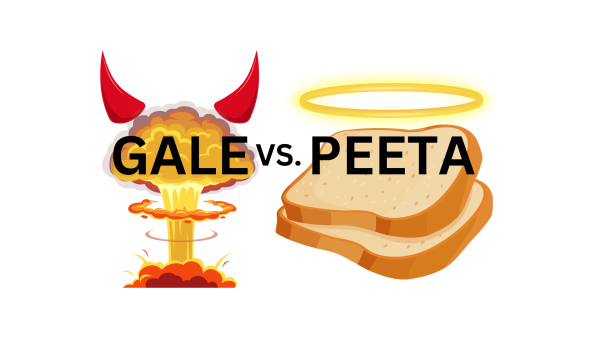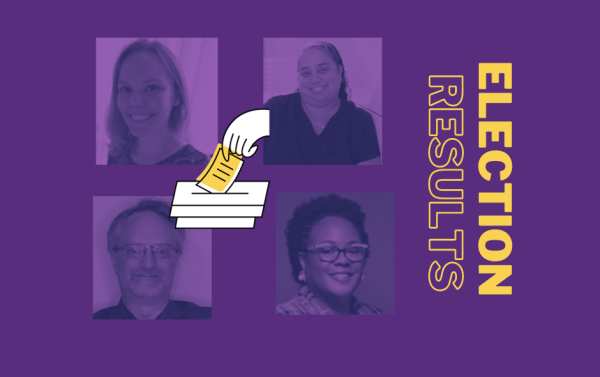We need to keep talking about marriage equality
November 24, 2014
It seems that every argument around gay marriage comes to a rear with the word “tolerance”. It is an overarching theme in the movement for gay rights. Activists everywhere preach this word, tolerance, whether they are on the picket line or in the classroom or behind a computer screen. They follow it with love. Acceptance.
But the recent letter to the editor (that spurred a storm of twitter hate, quite ironically) has introduced a new idea that the people moving for tolerance and equality are also the ones being intolerant towards people who do not believe what they believe. Does that not seem intolerant in and of itself? Is that not a bit hypocritical? It is easy for people to practice hypocrisy, especially with something so many people feel so strongly about. The second someone who wholeheartedly believes in marriage equality hears that someone does not share their belief, it is easy for them to jump right to hateful words, jumping to conclusions about them being homophobic, etc. But the fact remains that not all people who oppose marriage equality are homophobes. Many of them have no problem with gay people, but their religion sees marriage as a sacred bond between a man and a woman, bottom line. Is it really so unreasonable to let them practice their beliefs just like we push for everyone else to?
The answer to that is no, it is not unreasonable, in almost every sense. But marriage is a particularly sticky situation. Marriage, at it’s origin, is a religious act. Marriage began with religion, between a man and a woman, as described in the Bible. But as our society has moved throughout time, marriage has become less of a religious term and more of a legal one. There’s so much legal standing to marriage, there are tax benefits and hospital visitation rights, as well as many other perks that come along with being legally committed to someone. The fact that marriage exists as a legality is proof that the connection between marriage and religion is at least partly severed. If religion and marriage were both still strongly connected, marriage would purely be symbolic within the church, specifically with religious people. But marriage has been open for everyone (as long as they aren’t gay, or different races – years ago when interracial marriage was outlawed in the US) for a long time, including atheists or agnostics. These people, not believing in a religion, aren’t getting married to feel a stronger connection to God, or to prove their connection to each other in a religious way, they are getting married to be committed in the eyes of the law.
So if it is known that marriage is not religious as much as it is legal, due to the separation between church and state, then why is religion even an argument against gay marriage? Bringing up religion in an argument about marriage equality is irrelevant. Why should religion have any bearing on a law? There’s a reason there is a separation between church and state, and that is the fact that our country has freedom of religion, and consequently freedom from religion. The idea that certain legal privileges should be withheld from people because of their religious beliefs or lack thereof goes against our Constitution.
So while I agree that people should be tolerant on both sides, I do not understand why religion is part of the debate at all. If your only problem with gay marriage is religion, I encourage you to take a look at what marriage really is in the US, and to think about whether or not you can believe what you believe without hindering another person’s legal standing. You can believe whatever you want to believe about religious marriage, and that opinion should be respected by everyone. But as far as legal marriage goes, banning love under the law is behind us, just like interracial marriage or segregation.
















Jeremy • Nov 24, 2014 at 8:33 pm
Great article! As a devout Catholic that agrees with gay marriage, I really appreciate your piece. Very nice job!